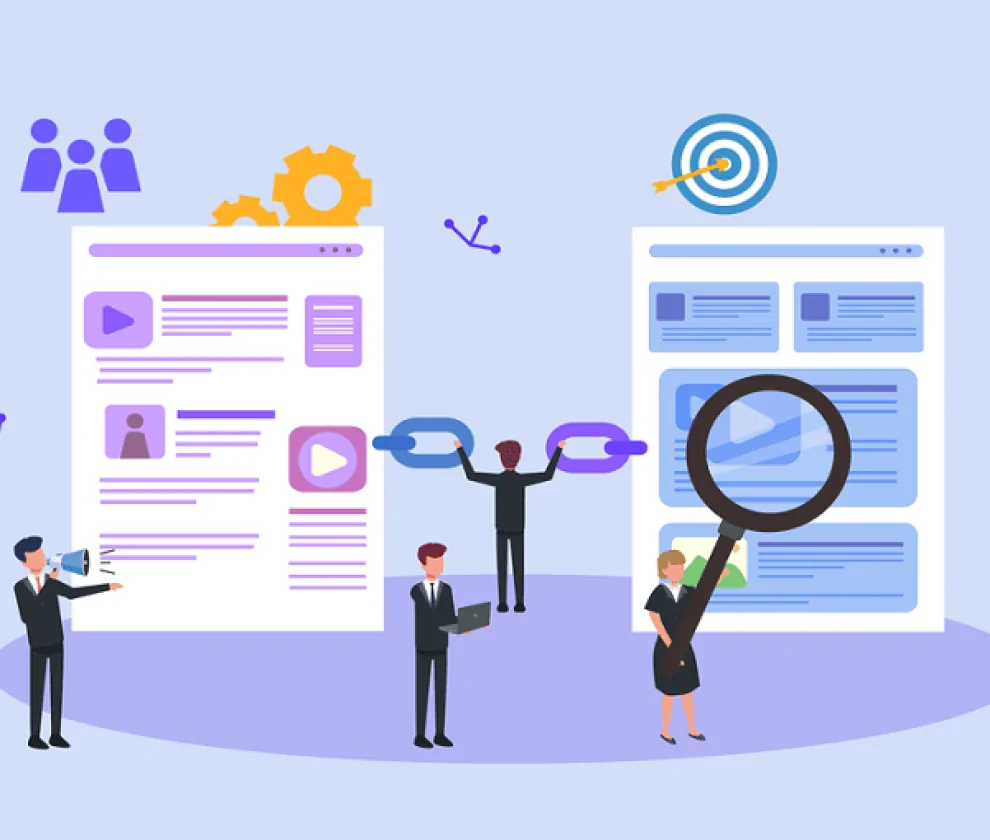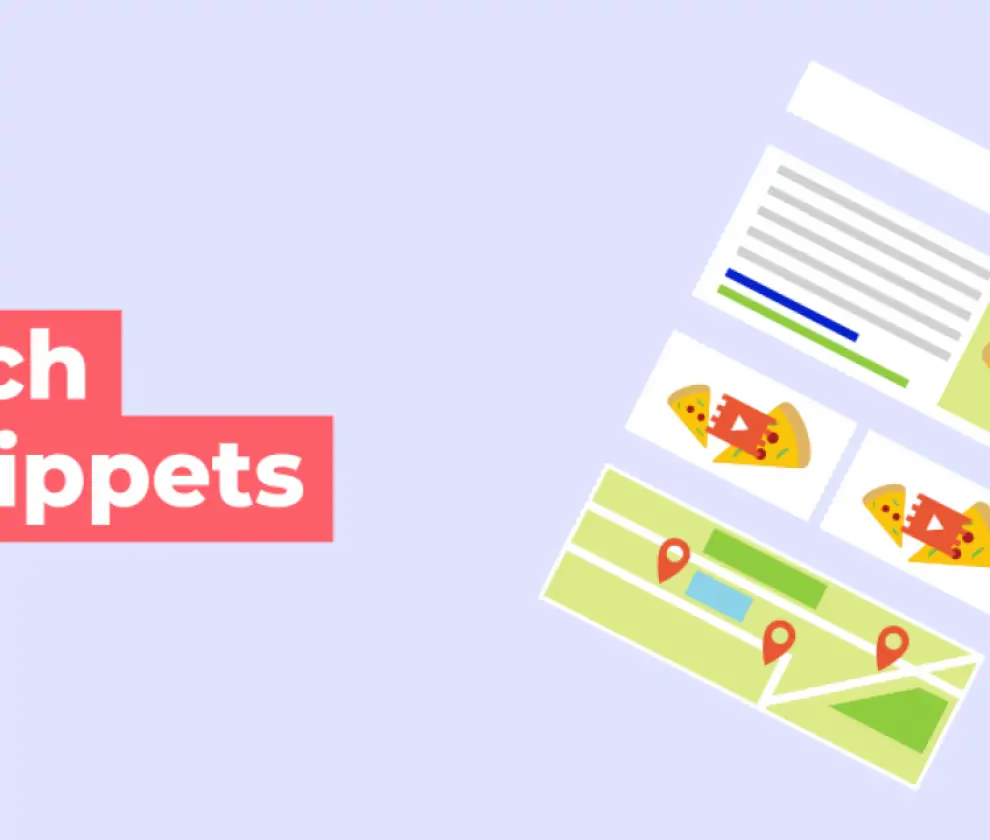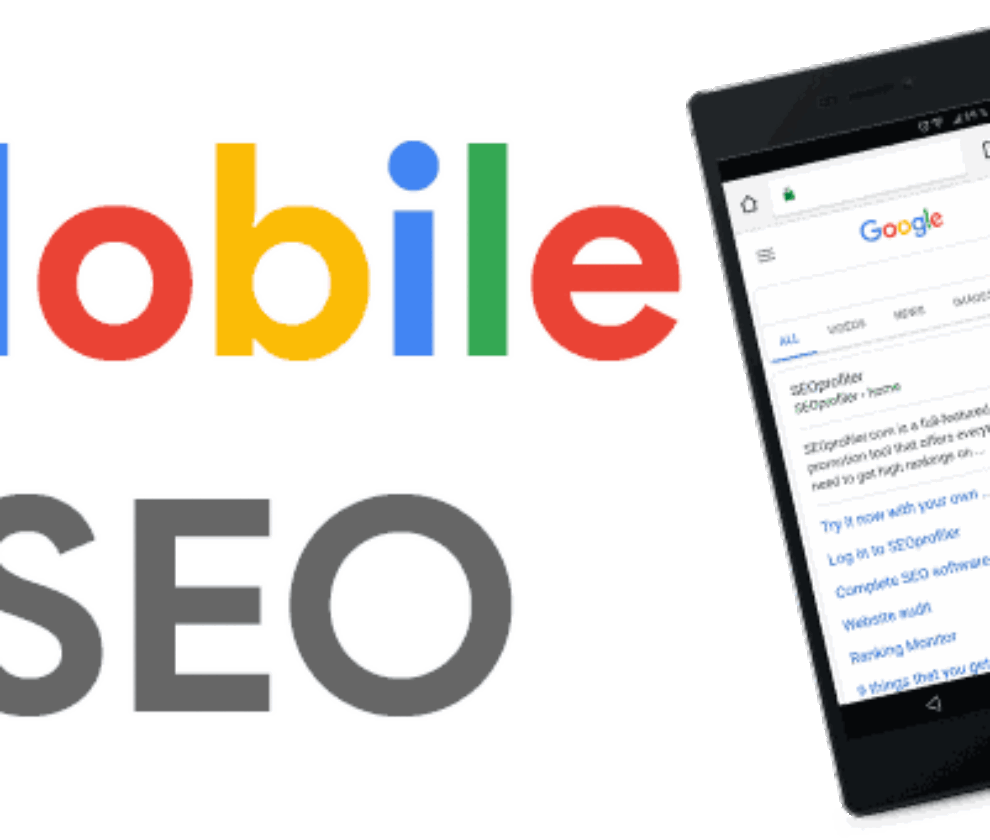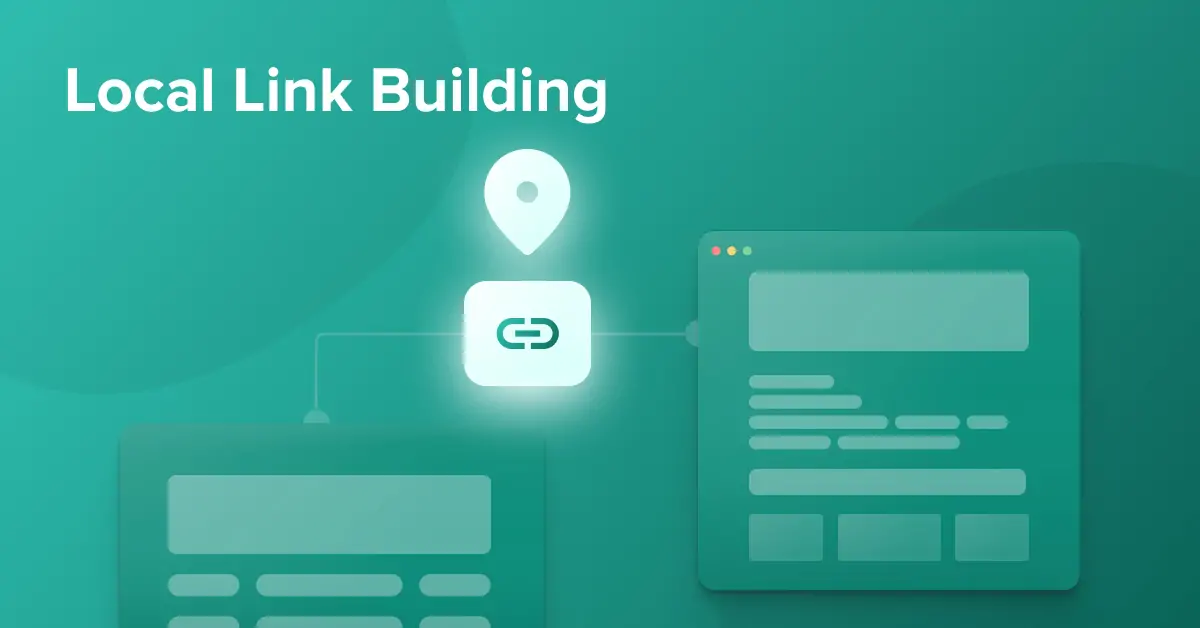
Local Links to Boost Your SEO and Community Impact
Links, often an overlooked element of search engine optimization (SEO), hold the key to not only improving your website’s visibility but also building meaningful connections within your community. This article will delve into the world of local links, their significance in SEO, and how to harness their potential for both online and offline success.
1. Understanding Local Links
Local links, also known as local backlinks, are hyperlinks from other websites or online platforms that originate from businesses, organizations, or individuals within your local community. These links can lead to your website, specific pages, or content and play a pivotal role in local SEO efforts.
2. The Importance of Links in SEO
Links are crucial for several reasons:
- Enhanced Local Visibility: When local websites or businesses link to your site, it signals to search engines that your website is relevant to the local community. This can result in improved local search rankings.
- Building Local Authority: Links establish your website as an authoritative source within your community, enhancing your reputation both online and offline.
- Community Engagement: Local link building often involves collaboration and partnership with local entities, fostering meaningful relationships that extend beyond the digital realm.
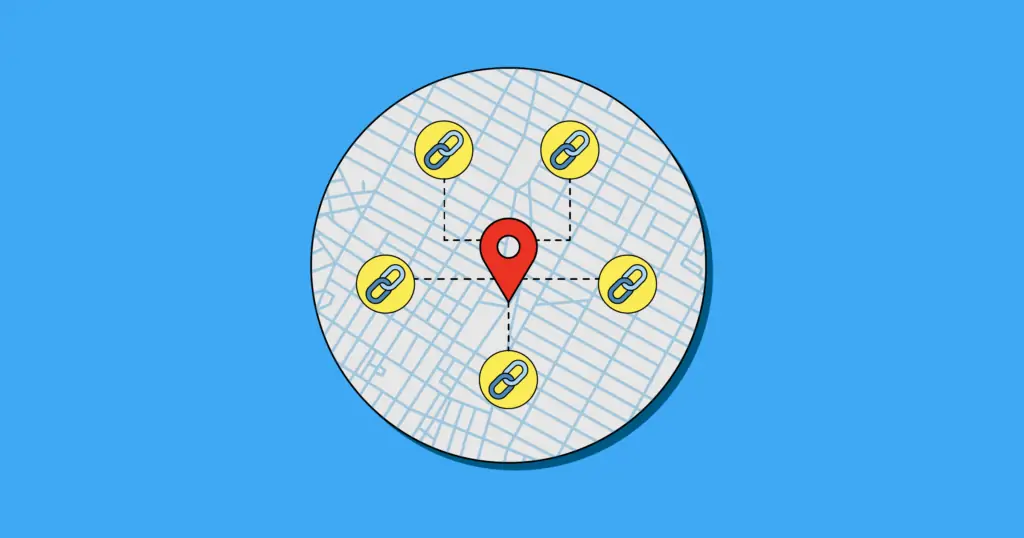
3. Types of Links
There are various types of links, each serving a unique purpose in boosting your website’s local SEO:
- Local Business Directories: Listings on local directories like Yelp, Google My Business, and Yellow Pages can serve as valuable links, especially when optimized with your website URL.
- Local News and Media: Coverage by local news outlets or publications often includes links to relevant websites, creating strong local backlinks.
- Local Organizations and Associations: Links from local chambers of commerce, non-profits, and community organizations are valuable for showcasing your local involvement.
- Local Blogs and Influencers: Collaborating with local bloggers and influencers can lead to authentic, community-focused backlinks.
4. Strategies for Acquiring Links
To harness the power of links effectively, consider the following strategies:
- Optimize Local SEO: Before reaching out for links, ensure your website is well-optimized for local SEO. This includes local keyword targeting, on-page SEO, and maintaining an updated Google My Business profile.
- Leverage Local Partnerships: Partner with local businesses and organizations for collaborative events, sponsorships, or co-branded initiatives. These partnerships can naturally lead to local backlinks.
- Create Local Content: Produce content that specifically caters to your local audience. This can include articles about local events, guides to local attractions, or profiles of local businesses.
- Encourage User-Generated Content: Encourage your local customers and supporters to create user-generated content that mentions or links to your business or website.
- Reach Out to Local Influencers: Identify and collaborate with local influencers who can promote your website or content within the local community.
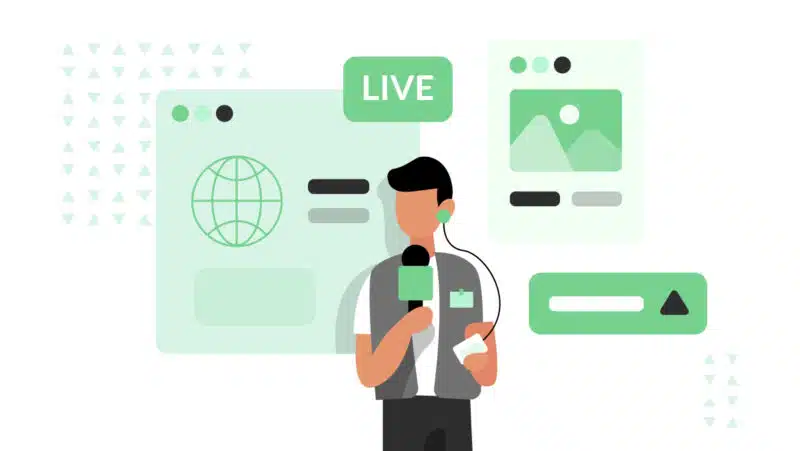
5. Building and Maintaining Relationships
Local link building is not just about acquiring backlinks; it’s about building and nurturing relationships within your community. Here’s how to do it:
- Participate in Local Events: Attend local events, conferences, and community gatherings to meet potential link partners in person.
- Support Local Initiatives: Get involved in local charitable initiatives, volunteer work, or community projects. These efforts often lead to both online and offline connections.
- Offer Value: When approaching local businesses or organizations for link opportunities, highlight the mutual benefits, such as increased local visibility or collaboration opportunities.
- Follow Up: Maintain ongoing relationships with your local link partners and look for opportunities to support one another in the long term.
6. Monitoring Local Link Building Progress
Regularly monitor your local link building progress using tools like Google Analytics and Google Search Console. These tools can help you track the performance of links, organic search traffic, and local keyword rankings. Adjust your local link building strategy as needed to ensure ongoing success.
In conclusion, local links are not just about enhancing your website’s visibility; they are also a bridge to meaningful community engagement and partnerships. By understanding the significance of links, employing effective link-building strategies, and nurturing relationships within your community, you can achieve both online and offline success. Links go beyond SEO; they are the foundation for building a strong and supportive local presence that can benefit your business or organization in numerous ways.


